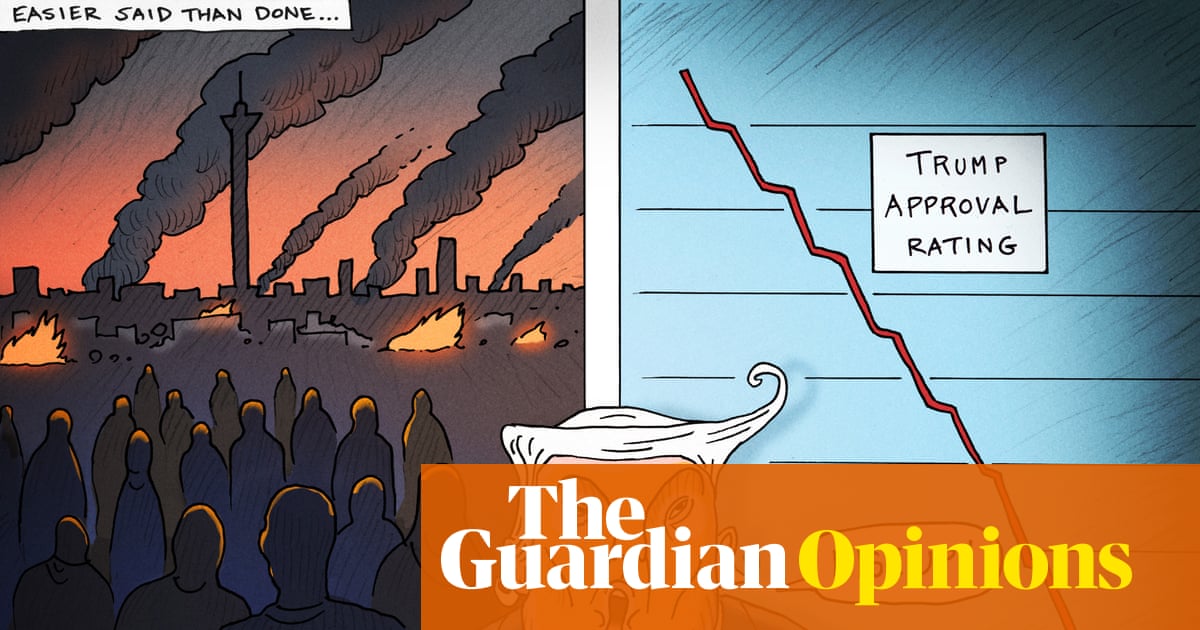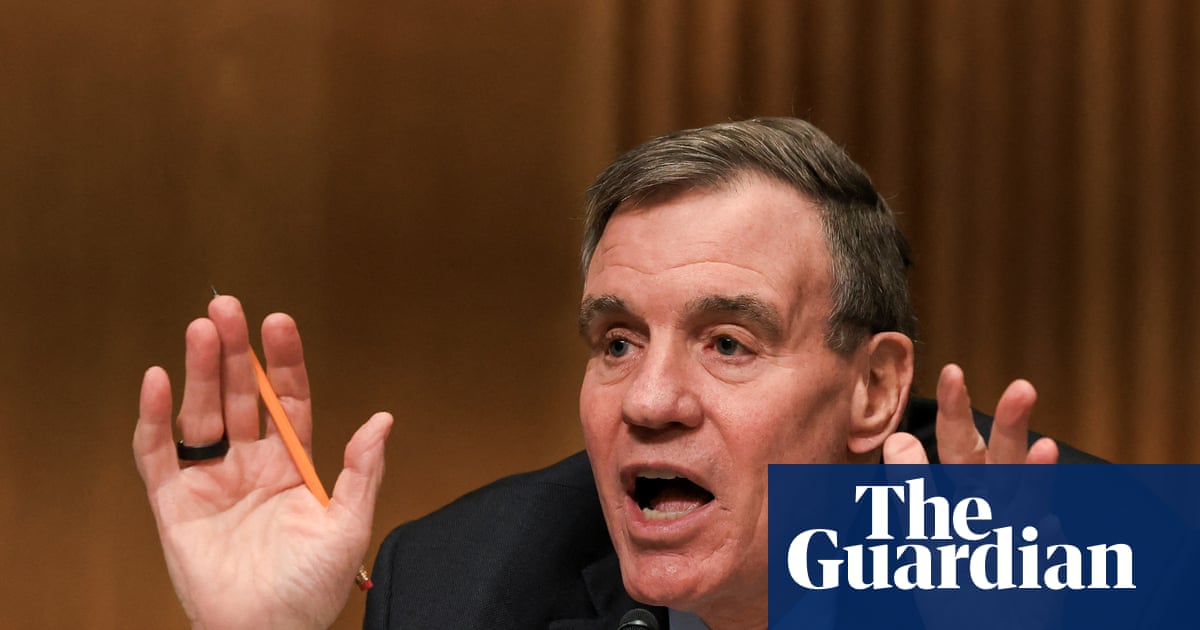Reform UK’s plans to make public-sector pensions less generous could cost billions extra a year and cause a ticking timebomb in the public finances, a leading trade union has warned.
Prospect said the plans unveiled by the party’s deputy leader, Richard Tice, would damage the public finances rather than save money “and end up costing taxpayers tens of billions of pounds in the years to come”.
The union challenged Tice after he said he would want to change public-sector pensions from a defined benefit system to a defined contribution scheme for new entrants, a move that would mirror what has happened in the private sector and would result in less generous payouts in retirement.
A defined benefit scheme gives a guaranteed annual income for life after retirement, while a defined contribution pension provides a pot that can be drawn on until it runs out.
Tice said he believed Prospect had misunderstood the changes he proposed and that the move would help the country avoid a slide into bankruptcy on the back of huge unfunded pension liabilities, which he said ran into trillions.
“It has increased in the last 20 years from £750m to somewhere between 1.5tn and 2.5tn,” he said. “The liability is growing and it’s off balance sheet. It’s one of the reasons that the Office for Budget Responsibility’s numbers over the next 25 years show our debt to GDP under a low productivity scenario rise from 100 to 200pc.”
He added: “Given we have got a bit of space in the electoral cycle, let’s have a rational grown up debate about this. I want to sit down with the unions and say do you want to be responsible for looking your grandchildren in the eye and saying our union bankrupted your future.
“I’m not saying change the existing terms and conditions. I’m saying for new employees. There is a massive difference. There is a cashflow impact but that is tiny compared to the balance sheet liability which is much, much greater.”
Tice said it was similar to the issue of funding the triple lock on state pensions, which Reform has refused to guarantee would be kept if the party won power.
Prospect said the current arrangements for pensions were affordable. The union predicts Reform’s plans would represent a net cost because public-sector defined benefit schemes are unfunded, and therefore today’s contributions pay for today’s pensions.
In defined benefit schemes, employee and employer contributions go straight into the Treasury pot and register on the balance sheet. Prospect said moving public-sector pensions to such schemes would mean a loss to the Treasury of all those current member contributions. Payments today would pay for pensions that would be ultimately drawn in future, it added.
Mike Clancy, the general secretary of Prospect, said: “Reform’s plan for public-sector pension would set off a ticking timebomb in the public finances that will end up costing taxpayers tens of billions of pounds in the years to come and blow a gaping hole in their tax promises.
“Attacking public-sector pensions, while cutting back pay and staff numbers, would only worsen the current recruitment and retention crisis, and would plunge the services people rely on into staffing chaos.”
He added: “Public servants are not punchbags for Reform politicians, and their pension pots are not piggybanks that can be raided. These are the people who all governments depend on to deliver our services, and Reform would do well to remember that.”
The Treasury’s independent forecaster, the Office for Budget Responsibility, has said the “real test of the affordability of these pensions is the likely trajectory of gross payments over time set against the tax base that will finance the payments.
“In the long-term projections in the 2024 fiscal risks and sustainability report, we estimated that annual payments out of the schemes would fall from 1.9% of GDP in 2023-24 to 1.4% of GDP in 2073-74. This is based on the assumption that contributions, which are linked to average earnings, rise more quickly than payments, which are assumed to be uprated by CPI inflation.
“This suggests that if these assumptions hold, then these schemes do not pose a significant fiscal risk in themselves, but they do make up a significant share of the government’s overall liabilities, which are projected to continue to rise over the next 50 years.”

.png) 3 months ago
82
3 months ago
82

















































